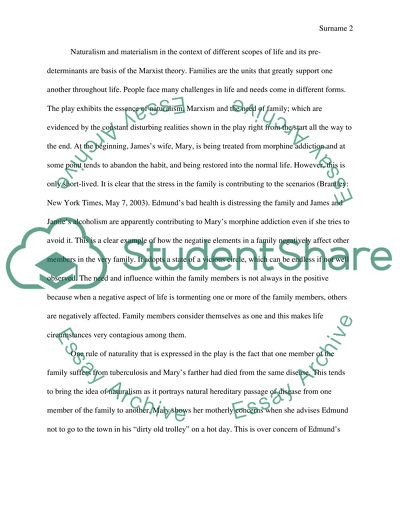Cite this document
(“Inescapable power from family (Long Day's Journey Into Night) Research Paper”, n.d.)
Retrieved from https://studentshare.org/english/1645818-inescapable-power-from-family-long-days-journey-into-night
Retrieved from https://studentshare.org/english/1645818-inescapable-power-from-family-long-days-journey-into-night
(Inescapable Power from Family (Long Day'S Journey Into Night) Research Paper)
https://studentshare.org/english/1645818-inescapable-power-from-family-long-days-journey-into-night.
https://studentshare.org/english/1645818-inescapable-power-from-family-long-days-journey-into-night.
“Inescapable Power from Family (Long Day'S Journey Into Night) Research Paper”, n.d. https://studentshare.org/english/1645818-inescapable-power-from-family-long-days-journey-into-night.


